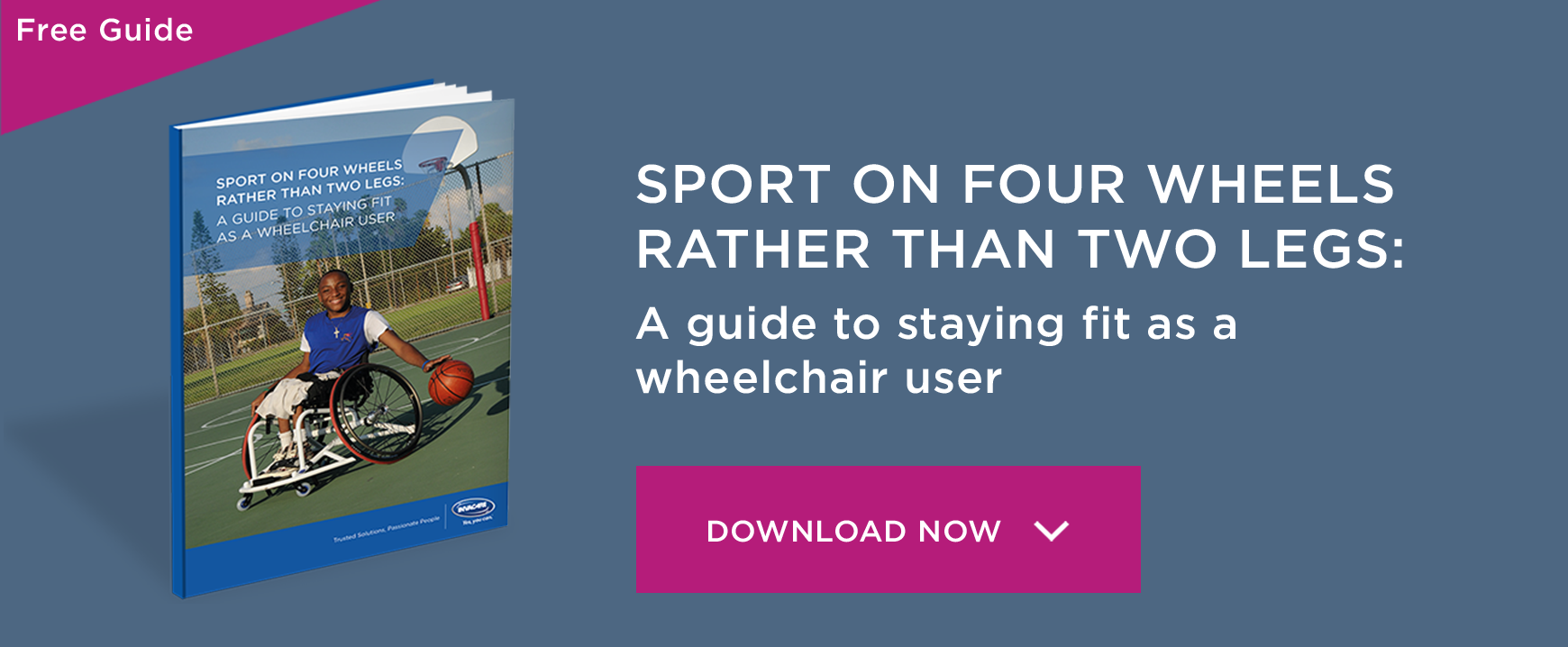Tips For Transitioning From The Hospital To Home

The transition from hospital to home often focuses on making sure you have proper care lined up and follow up appointments scheduled. There was probably some degree of preparation made based on the suggestions of the hospital and your carers.
However, after arriving home, there will be additional things you can do to make the transition from the hospital a little bit easier.
1- Advocate for yourself
If you have any unmet needs, don’t be afraid to speak up. You are the only person who knows exactly how you feel. Other people may be able to make educated guesses about what you need, but you are the only person experiencing your situation.
For example, if you have a care taker that you are not comfortable with, don’t feel afraid to find someone else. If your house needs a modification to be more accessible, work to get it changed. If your equipment is uncomfortable, don’t hesitate to contact someone to get it adjusted or replaced.
2- Don’t become isolated
After a period of recovery and rest, you should begin to re-enter society. Look for activities you can enjoy from a wheelchair. Consider your interests and find something productive to work on that will give you a sense of purpose.
Some people like to join adaptive sports teams. Other people become more involved with work-at-home opportunities they can do from the computer. Many may want to join a wheelchair support group to make new friends or even just find accessible activities to do out in the community with their old friends.
3- Be realistic
If you need counseling services, don’t be embarrassed to ask. Make sure your family and friends are realistic with their expectations of you, too. You will need time to process your grief and to learn what routines works for you.
Become educated about your level of injury, so you know what to reasonably expect as you continue to recover. Don’t get angry at yourself for not achieving goals beyond what is typically possible for your level of injury.
4- Identify your core group of supporters
Find out which family members and friends will help you. Seek out people who can offer physical support as well as people who are good listeners that offer emotional support.
You will not feel as alone in your struggles if you know who you can rely on. Having a small group of good friends is more important than having a large number of friends and acquaintances.
5- Know what pharmaceutical and physical supports you need
For medications, you should remember what they are, why you take them, and when to take them. You should also be aware of any possible side effects or possible drug interactions.
Be aware of what makes an environment accessible for you. How far can you reach? Do you get stuck on rugs or door jambs? Do you have an emergency plan for when you need to exit a building quickly? Do you always have to have your wheelchair, or can you transfer into small bathrooms without it?
6- Follow a schedule and exercise program
Your doctor or care team will probably recommend things they want you to be doing on your own. Your schedule will help you keep your day busy and your mind engaged. It will help you practice activities of daily living so that you can improve in your independence, and it should help encourage you to go out regularly and be social.
An exercise program will most likely also come from your doctor, or maybe your physiotherapist. You should not try to make up your own program without your doctor’s guidance. Exercise will improve your overall health, and strength training will also aid you in becoming more independent in your transfers and your wheelchair mobility.
What If I’m Not Going Home?
Some people go to a rehab facility before coming home. In that case, you will have two adjustment phases. To learn about what to expect when transitioning from a rehab facility to home, you can read, What Is Your Plan For After Rehab?: Things You Need To Know.
Author: Annie Beth Donahue is a professional writer with a health and disability focus.







